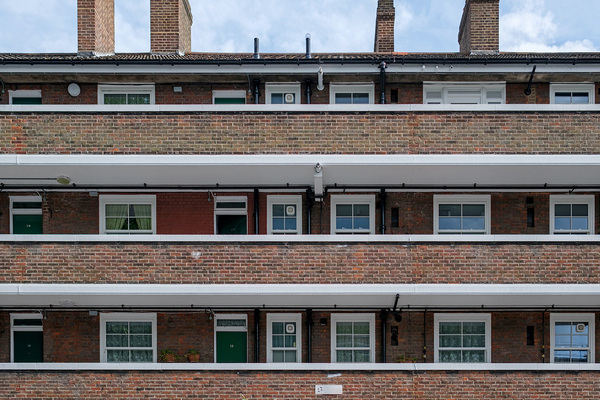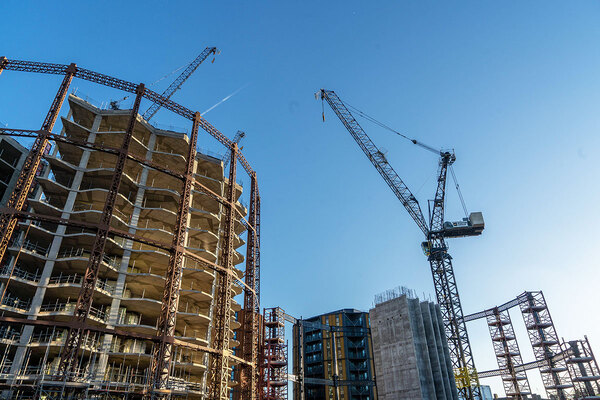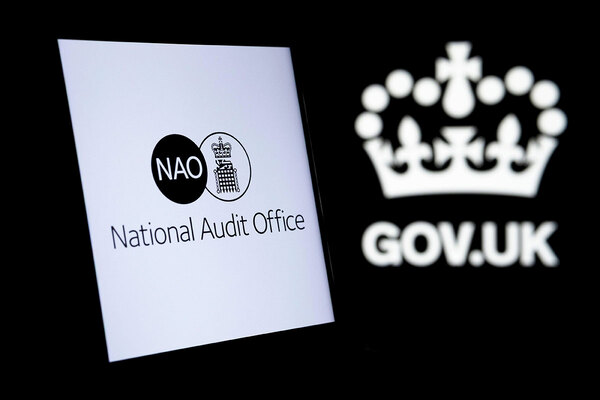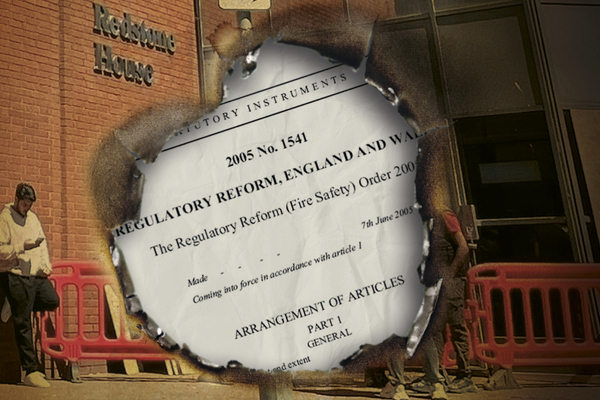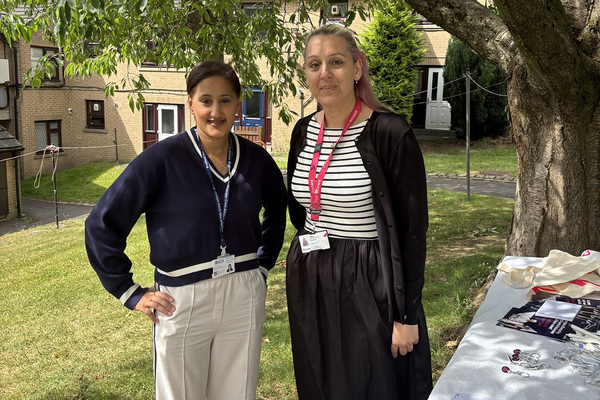You are viewing 1 of your 1 free articles
Government presses ahead with new standard to ‘eradicate unprofessional attitudes’ in sector
The government has said mandatory qualifications for social housing staff are an “important step in professionalising the sector”, as it formally directed the English regulator to bring in the new competency standard.
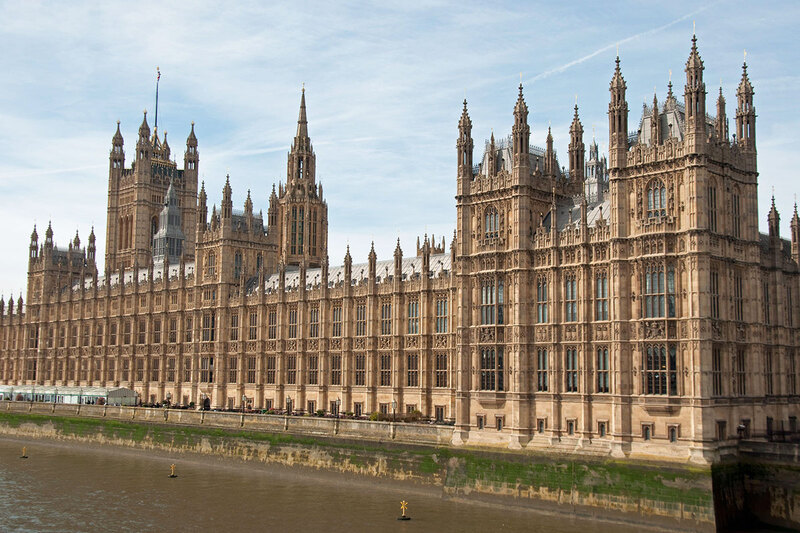
The Ministry of Housing, Communities and Local Government (MHCLG) has issued a direction to the Regulator of Social Housing (RSH), instructing it to bring in the new standard on professional competency from October 2026.
The proposals were first announced by the Conservative government in 2023 and were developed in response to the Grenfell Tower Inquiry, which heard that a lack of appropriate staff training contributed to the tragedy.
The new standard will bring in new requirements around staff competency, including mandatory qualifications for an estimated 30,000 senior housing managers and executives.
In its response to a consultation on the standard, the government said it will play a “pivotal role” in the wider work taking place to improve the quality of social housing, and will be an important step in professionalising the sector. “It will drive the culture change necessary to eradicate unprofessional attitudes and stigma,” it added.
Following the consultation, the government has also issued further guidance on which staff will be required to hold professional qualifications after half of all respondents said there was a lack of clarity around the policy’s scope.
It said that providers must ensure that senior housing executives and senior housing managers have, or are working towards, a qualification in housing management, and must take steps to secure that relevant managers also gain a specified qualification.
Senior managers would fall within the scope of the requirement if they have a “substantive role” in managing delivery of housing management services to tenants, and spend the “majority of their working time” doing so.
An impact assessment published alongside the direction estimates that around 30,000 staff will need to gain or be working towards a qualification over the next 10 years.
The policy will lead to an increase of 2,000 qualification enrolments each year and is expected to cost £282m over 10 years, with the largest share of the costs coming from the lost services the staff completing qualifications would otherwise have worked on in their day job.
While the new standard will come into force in October 2026, there will be a transition period before all relevant staff must have or be working towards an appropriate qualification.
As confirmed by housing minister Matthew Pennycook earlier this year, the transition period will be three years for large landlords, and four years for small landlords.
The period was lengthened after the sector raised concerns that a two-year transition period would not be sufficient, with the Chartered Institute of Housing (CIH) and National Housing Federation (NHF) requesting three and five-year transition periods, respectively, for the mandatory housing qualifications.
Commenting on the direction, Gavin Smart, chief executive of the CIH, said: “CIH and the sector have been gearing up for the competence and conduct standard to go live next October for some time, so we welcome the additional clarity that today’s publication brings.
“We’ll continue to work with the government and with the RSH to help housing professionals, and the organisations they work for, respond to the new requirements.”
He added: “Professionalisation goes beyond qualifications. It’s about culture, values and behaviours. The standard sets a clear framework for growth and excellence across housing. With the right support, we can build a housing profession that’s more skilled, confident and valued, delivering better outcomes for tenants.”
Sign up for our daily newsletter
Already have an account? Click here to manage your newsletters
Latest stories


